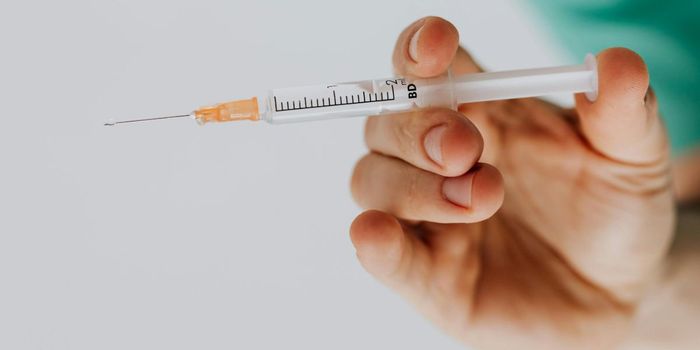Modified 'Bath Salts' Hold Potential to Treat Depression

Serotonin inhibitors such as 5-HT selective reuptake inhibitors (SSRIs) are commonly used to treat depression and anxiety-related disorders. They act by inhibiting the reuptake of serotonin, which in turn increases serotonin levels in the brain. Patient response to these drugs, however, is inconsistent and often comes with negative side effects.
Recent research has identified other compounds, such as MDMA, to treat conditions like depression. MDMA also works on serotonin, but rather than inhibiting its reuptake, it triggers its release via a serotonin transporter. Treatments involving MDMA, however, occur in tightly regulated psychotherapeutic settings due to the high potential for negative side effects and abuse if taken otherwise.
In the present study, the researchers tested the ability of synthetic cathinones- alkaloids derived from the psychoactive drug cathine, which is found in the khat plant. While cathinones are Schedule 1 stimulants in the US, the researchers noted that the drugs can be synthetically modified to reduce their psychoactivity. They noted that the modified cathinones studied in their research likely carry a low risk for abuse.
For their study, they monitored the effects of certain synthetic cathinones on mouse models of depression. They noted that mice treated with the compounds performed significantly better in the forced-swim test than controls. Treated mice spent less time immobile than their control counterparts, which implied the cathinones had an antidepressant effect.
From microdialysis and fiber-photometry, the researchers confirmed that while the compounds increased serotonin levels, they did not increase dopamine. This is crucial as a dopamine response can signal a potential for abuse, due to its function in the brain's 'reward' system. They further wrote that the drugs displayed reduced off-target activity on 5-HT2B receptors- a major pathway through which MDMA functions.
The researchers noted that further preclinical research is needed to better understand the potential impact of the cathinones studied. They noted that human trials are also needed to know whether their findings are applicable beyond mice.
Sources: Neuroscience News, Molecular Psychiatry








